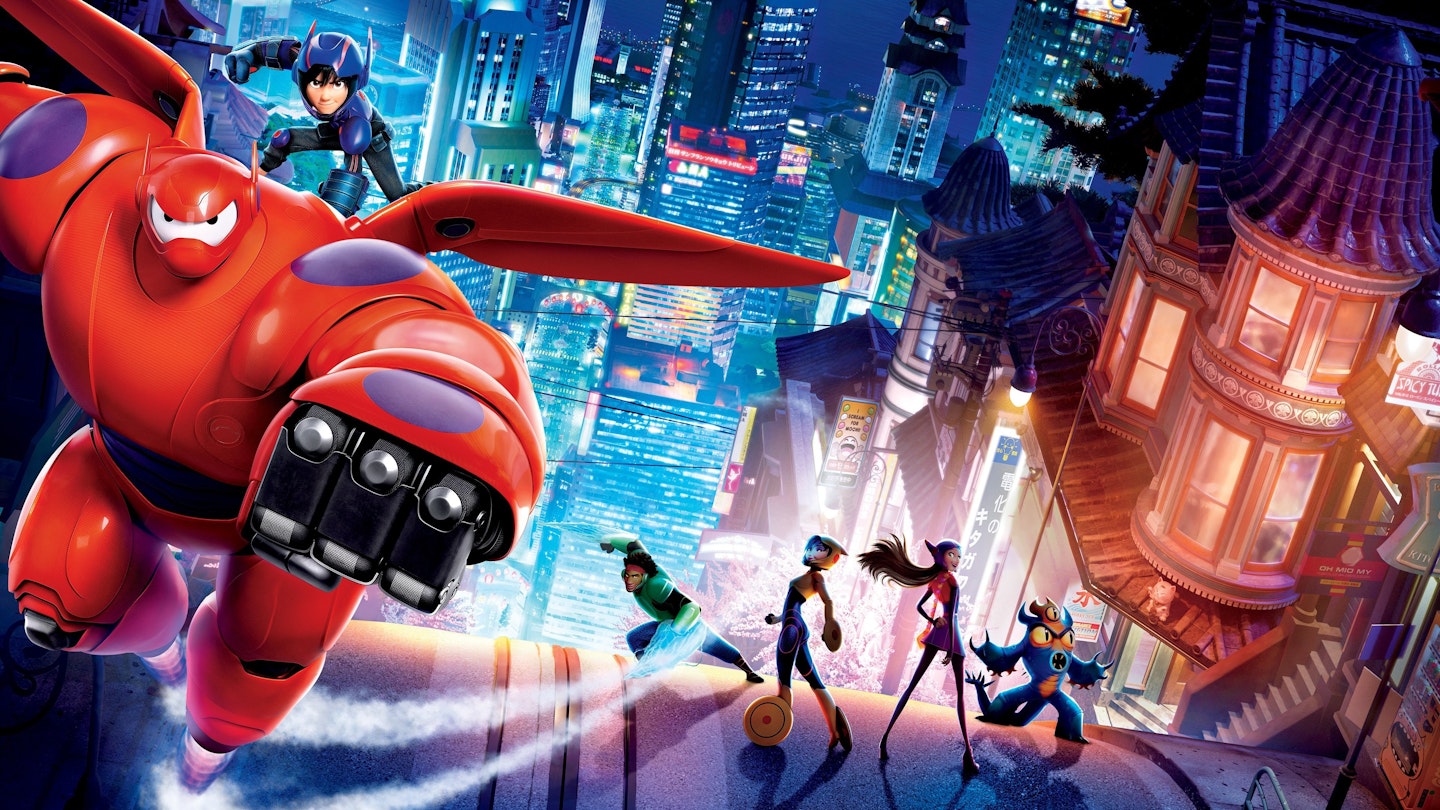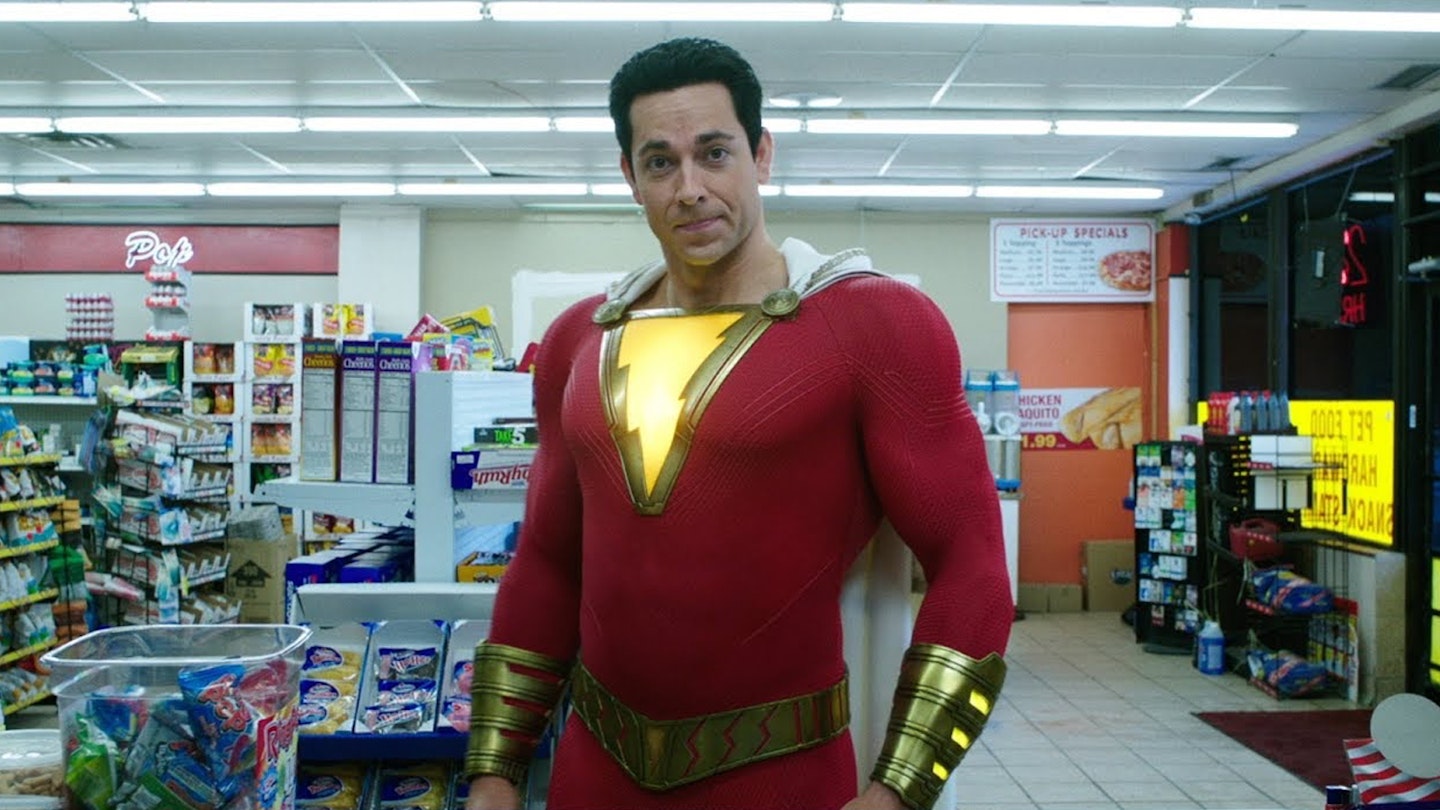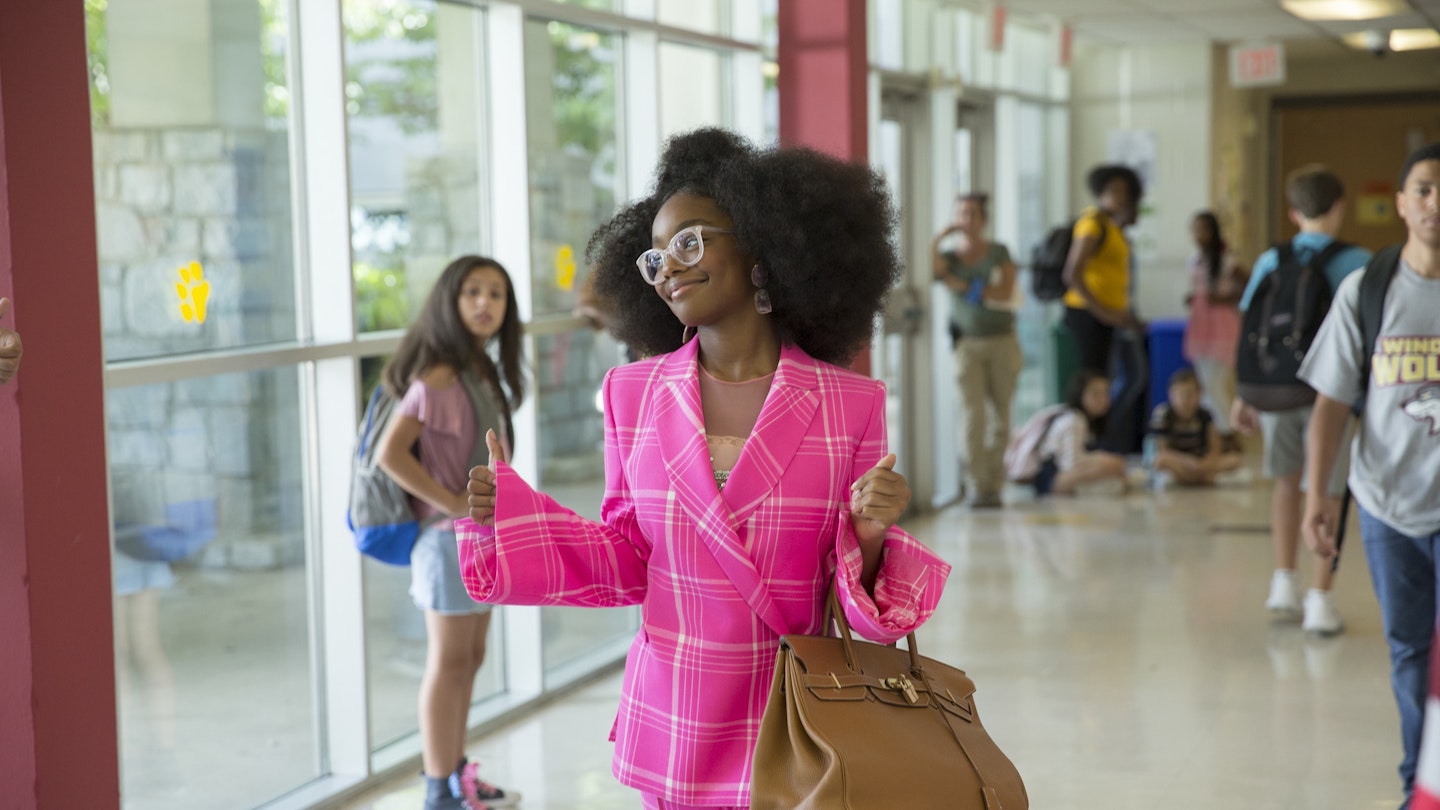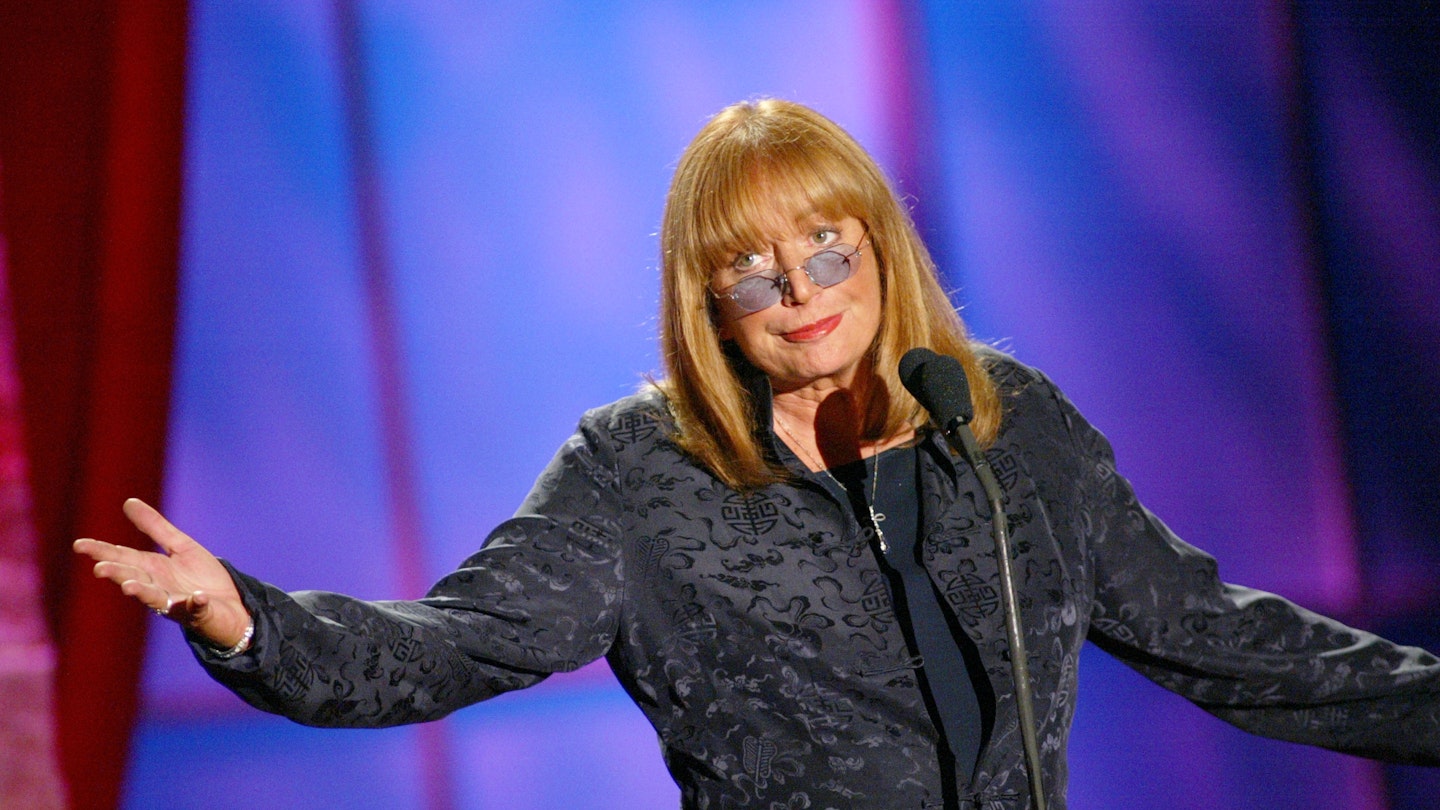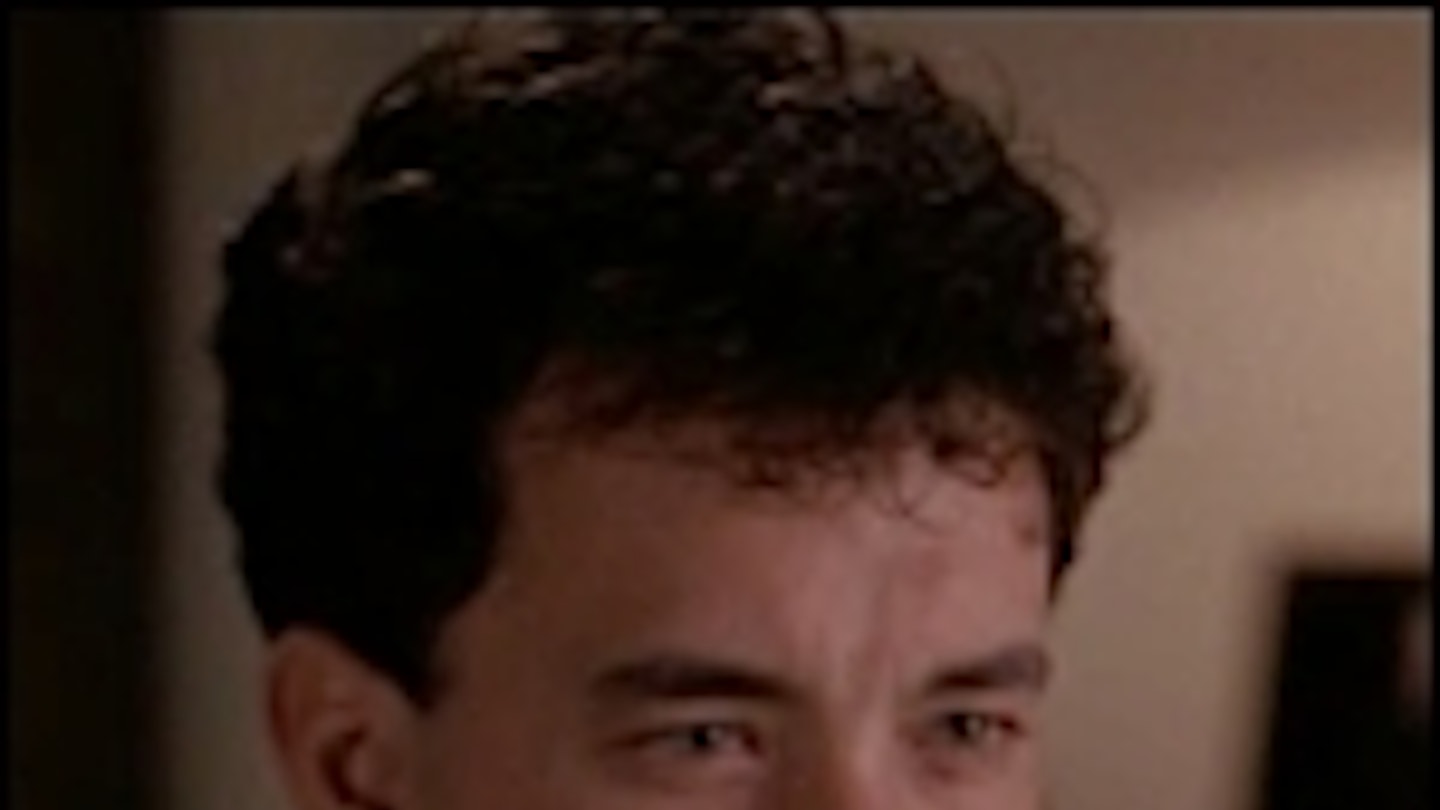The finest in the spate of body-swap comedies of the late eighties, this is the film that revealed that Tom Hanks was capable of much more than just doltish comedy. His transformation into the jagged lope and wide-eyed enthusiasm of a prepubescent boy is a marvel of physical acting. The whole film rests on the realisation of that one idea, and the curly-haired everyman, here everyboy, makes it sing from the rafters.
The conceit, for all its inevitable sentiment, is that the world makes a whole lot more sense through the eyes of a child. Adults needlessly complicate, they lose touch with what matters. So this child behind-enemy-lines, dressed in adult skin, takes on the guise of idiot savant. Josh is a proto-Gump, but with the engaging street smarts of a neighbourhood kid. The bond between Hanks and Jared Rushton as Josh’s best mate Billy is seamlessly carried from boy to man.
Director Penny Marshall handles the more complicated proposals of the script with some subtlety: the terror of his first night in the big city is so realistic (and miraculously performed) we loose sight of Hanks as a thirtysomething man; the sexual interaction with Elizabeth Perkins avoids any kind of crass outfall; and there is a satisfying gradient as Josh absorbs adulthood all-too-swiftly laying the groundwork for his undoing. Life has its natural pace, don’t tamper. There’s also no need to examine the magic at work, it is a transformative power granted by the writers.
Then the film is sprinkled with a particularly movie kind of magic — a succession of simple, joyous moments that lift off the screen and into the consciousness like stolen treasure. Hanks and Robert Loggia dancing chopsticks across an oversized keyboard, Perkins letting go of her grown-up inhibitions and trampolening for all she’s worth, the soft, knowing look she gives Josh as they must finally separate. It’s a purely Hollywood design, but that in a sense is what makes it so wonderful. Watch it through a kid’s eyes.
